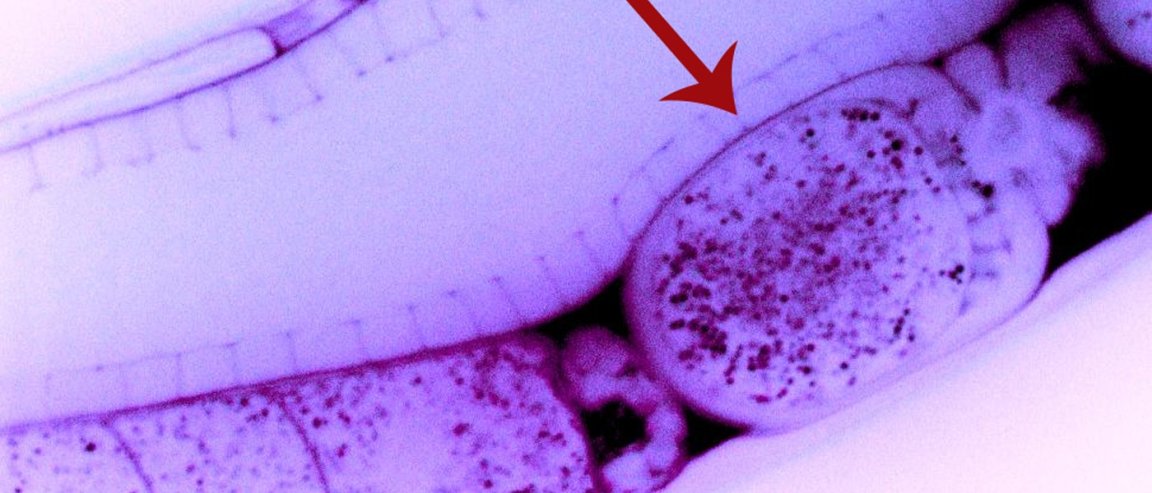
Parent to Child
Genetic inheritance has been believed to be a mechanism of equality — each parent passes half of their DNA to the offspring. Recent studies have shown, though, that some of what offspring inherit is based on the parents’ life experiences.
Exposure to harmful environments and disease may change the genetic makeup of a parent, and those changes have been observed passing down through reproduction. This poorly understood phenomenon is called non-genetic inheritance, and in the search for an answer to it, scientists from the University of Maryland have honed in on a possible explanation that could be simpler than previously thought.
Their new study is published in Proceedings of the National Academy of Sciences, and it focuses on the impact of double-stranded RNA (dsRNA). This cousin of DNA is capable of silencing genes within a cell, and according to Antony Jose, an assistant professor in the UMD Department of Cell Biology and Molecular Genetics and senior author in the study, “The assumption has been that dsRNA changes the parent’s genetic material and this altered genetic material is transmitted to the next generation.”
During their research, the team at the University of Maryland introduced fluorescent labels into the circulatory system of C. elegans roundworms. They then observed the transport of the fluorescent RNA molecules directly from the parent to the egg cell waiting to be fertilized. They also noted that the dsRNA molecule’s gene-silencing effect was present in the offspring. “This is the first time we’ve seen a dsRNA molecule passing from one generation to the next,” says Jose. “Our observations suggest that RNA is cutting out the middle man.”

Today’s Lifestyle in Tomorrow’s Child
“There are hints that similar things could be happening in humans,” says Jose. “We know that RNA exists in the human bloodstream, but we don’t know where the RNA molecules are coming from, where they’re going, or exactly what they’re doing. Our work reveals an exciting possibility — they could be messages from parents to their offspring.”
The team’s research is in its early stages, and there is a huge leap from worms to complex human systems. However, this study of the link between gene silencing and inheritance could help us better understand ourselves and how our genetic code is influenced by our parents’ whole lives, not just the DNA they are born with.